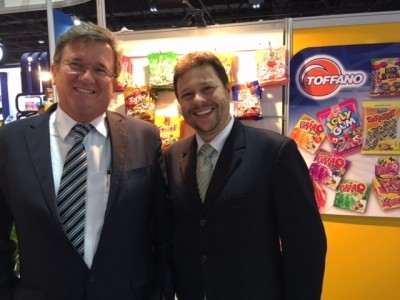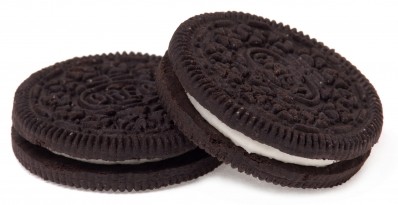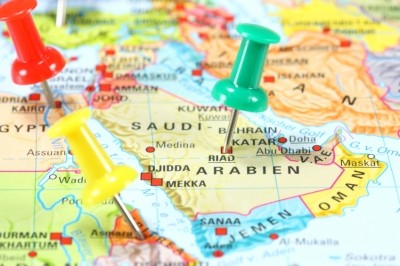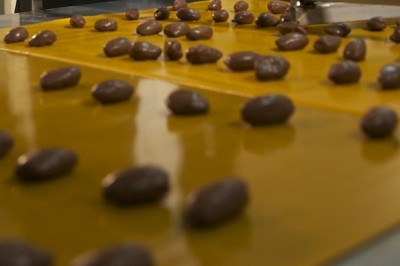Catering to the Middle East: Halal certification and alcohol-free labeling with Mondelez
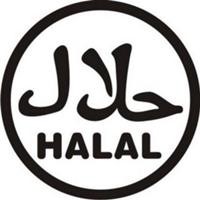
Mondelez recently partnered with the Olayan Group, and Khalifa Algosaibi Group to increase distribution in Saudi Arabia through the newly inaugurated Mondelēz Arabia for Trading LLC. See HERE.
Halal on chocolate: No law, no need?
Andre Benoit, director of corporate affairs for Mondelez in the Middle East told ConfectioneryNews.com about the company’s policy on halal certification in Saudi Arabia and the wider region.
“Our chocolate products in Saudi Arabia do not, and are not required to, carry such a label..No country or jurisdiction in the Middle East, to our knowledge, mandates halal certification or labeling for all food products,” he said.
Meat and poultry must carry halal certification to enter countries such as Saudi Arabia, but this is inapplicable to other foods like confectionery.
“Obviously, manufacturers may voluntarily label their products as being halal, provided that they have halal certification for those products,” said Benoit.
UK-based firm Ummah Foods is one firm that produces halal chocolate, which contains no animal fats and does not come into contact with machinery cleaned with alcohol. The products are sold in large UK supermarkets such as Tesco and Asda.
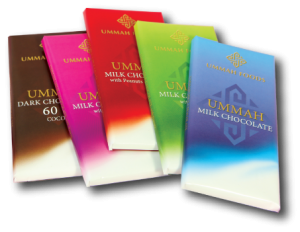
Alcohol-free labels: consumer confusion
According to Mintel’s director of insight Marcia Mogelonsky, Mondelez and other firms expanding in the Middle East may want to consider alcohol-free labeling to cater to governments and Muslim consumers in the region.
“The use of ‘alcohol-free’ labeling is important for expanding chocolate sales to countries where alcohol is forbidden,” she said in a recent industry update.
“Even if a product has never contained alcohol (e.g. a plain chocolate tablet), the use of the ‘alcohol free’ label can attract consumers, in the same way that products that have never contained gluten now carry ‘gluten free’ labels.”
She added that chocolate consumers could be confused by ingredients such as ‘chocolate liquor’, ‘cocoa liquor’ and sugar alcohol – all of which contain no alcohol.
Mintel has noticed a number of premium brands such as Lindt & Sprüngli, Neuhaus, and Leonidas that are using alcohol free labels on seasonal items and gift boxes, particularly in airport duty-free channels.
Mondelez: Alcohol free labels uncommon
Asked if Mondelez saw demand for ‘alcohol free’ labels in the Middle East, Benoit said: “Alcohol free labeling is not common practice… We are not aware of any market research that would indicate such demand.”
He said that governments generally regulated Mondelez’s products in the Middle East, including packaging labels.
Although alcohol is banned in Saudi Arabia, there is no government requirement for alcohol free labeling on confectionery.
